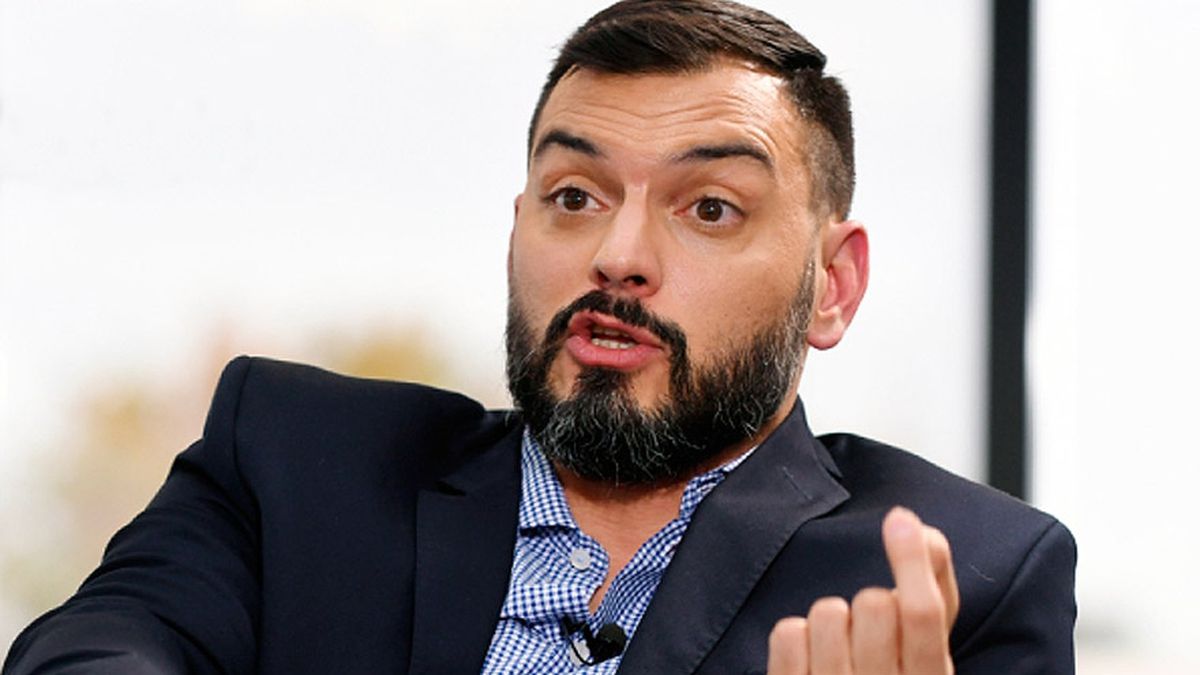It is “once again expanding the number of childcare places and thus missing the urgently needed reforms” such as uniform minimum standards, reducing the size of the groups or qualification and working conditions of the staff, according to the EduCare platform in a statement. EduCare Managing Director Veronika Miffek emphasized that the (already possible) “voluntary reduction of the skilled worker-child ratio” is to be welcomed. However, in view of the fact that existing groups can no longer be filled with qualified personnel, it will not lead to the desired improvements. She sees the planned annual report on the implementation progress of the countries as positive – at least that way you finally have a transparent data basis for “knowledge-based decisions for the elementary education sector”.
skepticism in professional circles
The Network for Elementary Education (NEBÖ) also reacted skeptically: The focus of the agreement is the expansion of elementary educational institutions and more flexible opening times. However, this must be seen in direct connection with the educational staff, according to spokeswoman Natascha Taslimi in a statement sent to APA. Currently, an average of 2,500 qualified early childhood teachers are being trained across Austria every year, but most of them do not enter the profession or leave again after a short time. “There is no clearer feedback on unsuitable working conditions.”
For years, professional associations and interest groups have therefore been demanding a change in the framework conditions, such as a reduction in the number of children in the groups, more preparation time for discussions with parents, team meetings, documentation of observations, reflection and preparation of educational work and regular supervision. Instead, however, politicians are focusing on reducing the employment requirements, according to Taslimi. In more and more federal states, the practice of the profession is not tied to a diploma.
Change of framework required
If you want to have staff, you have to change the framework conditions, said Taslimi. Without this measure, the earmarking of federal funds for language training and the last compulsory year of kindergarten would be “little beneficial and not realizable in the planned amount”.
Similarly, the Diakonie, which, like EduCare and NEBÖ, also misses measures to create places for children with disabilities or chronic diseases. The increase in funds, which is to be welcomed in principle, would also be “swallowed” by inflation in the coming years. The Diakonie also misses nationwide uniform, evidence-based minimum standards for quality apart from the question of compatibility, as well as a personnel offensive.
Source: Nachrichten




